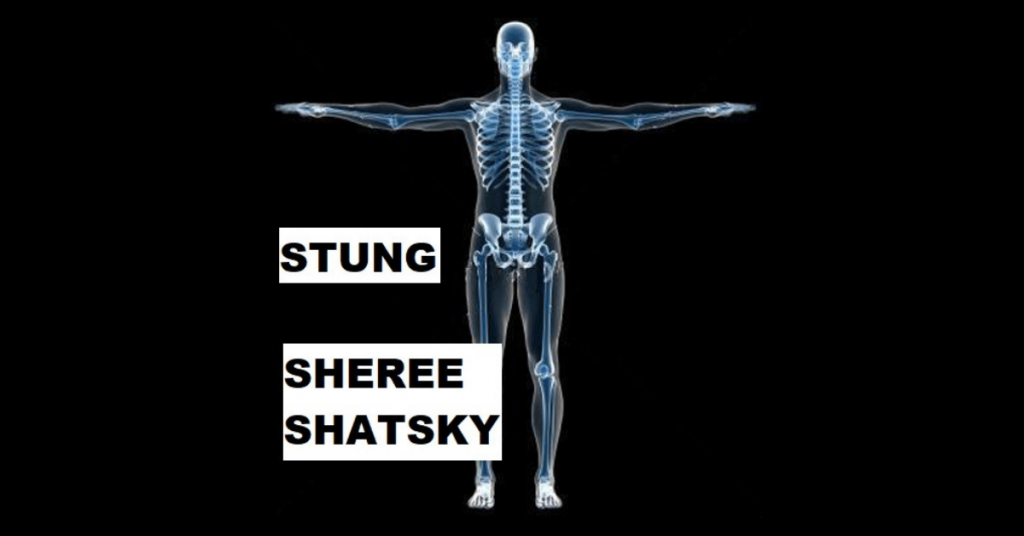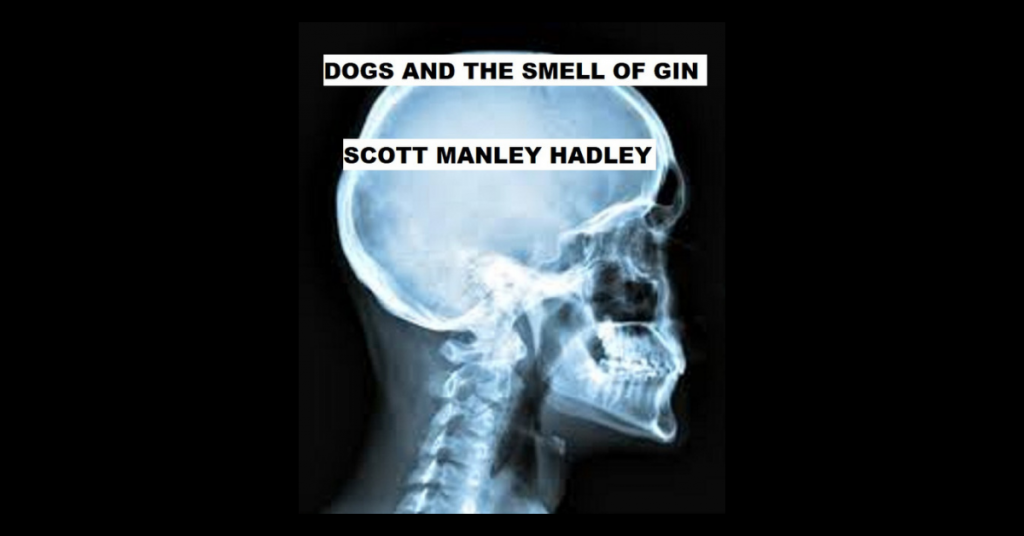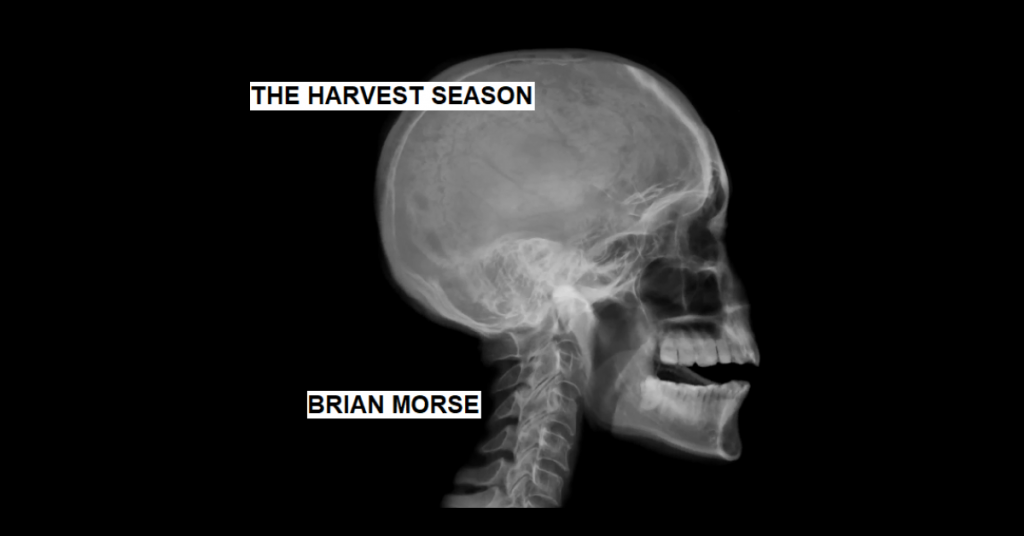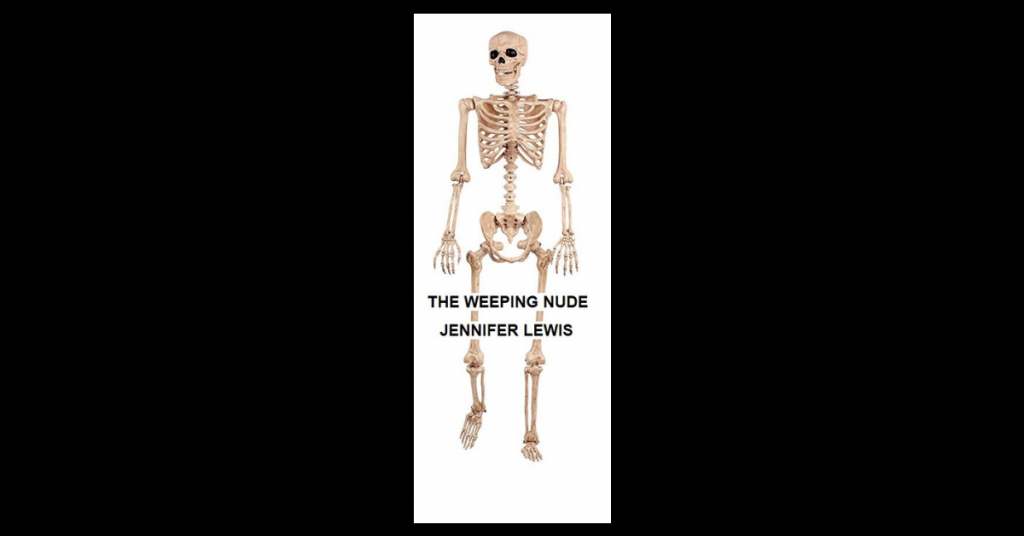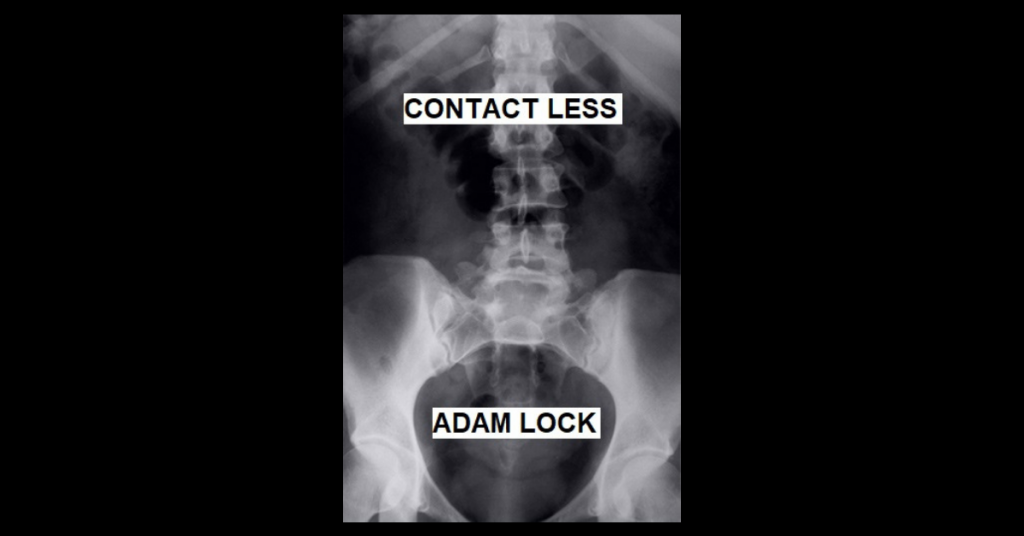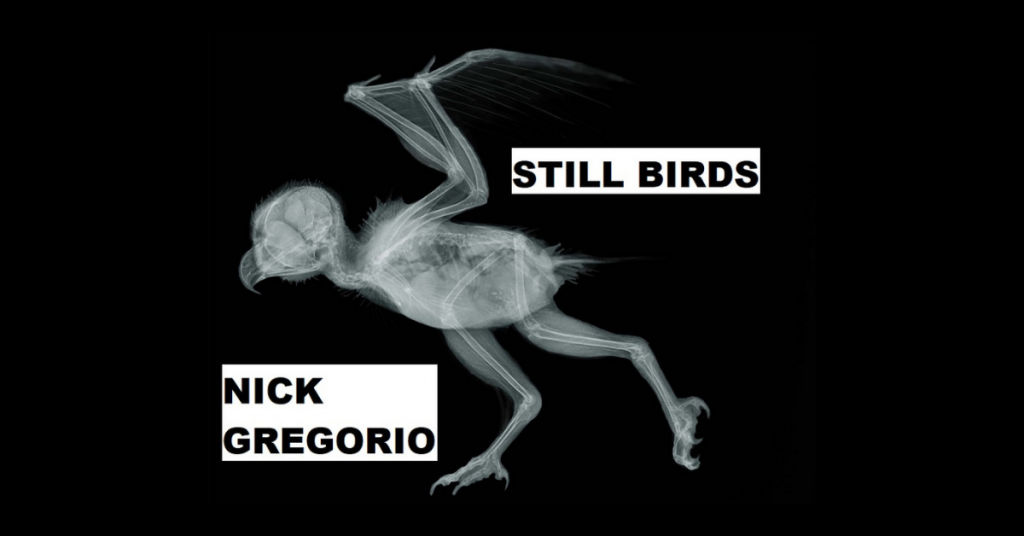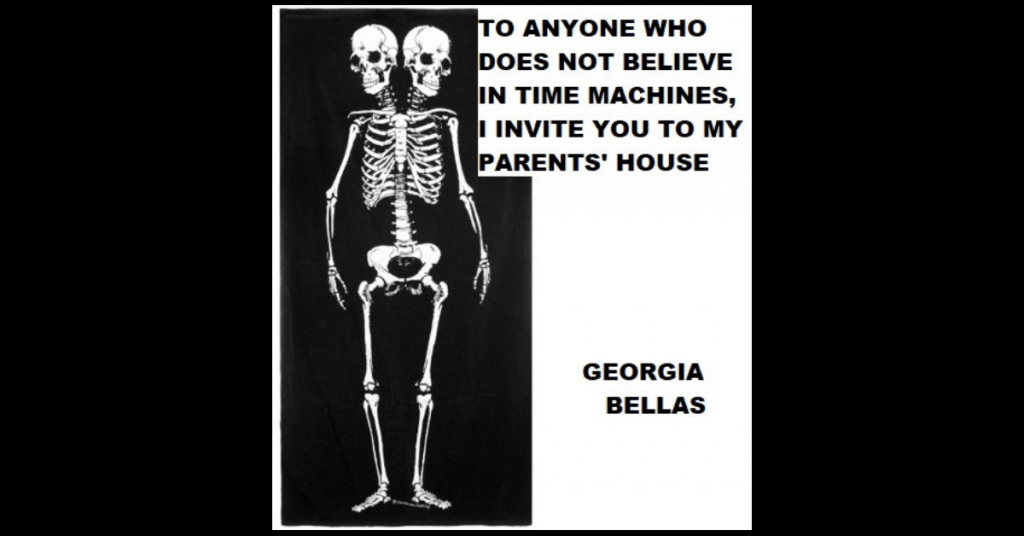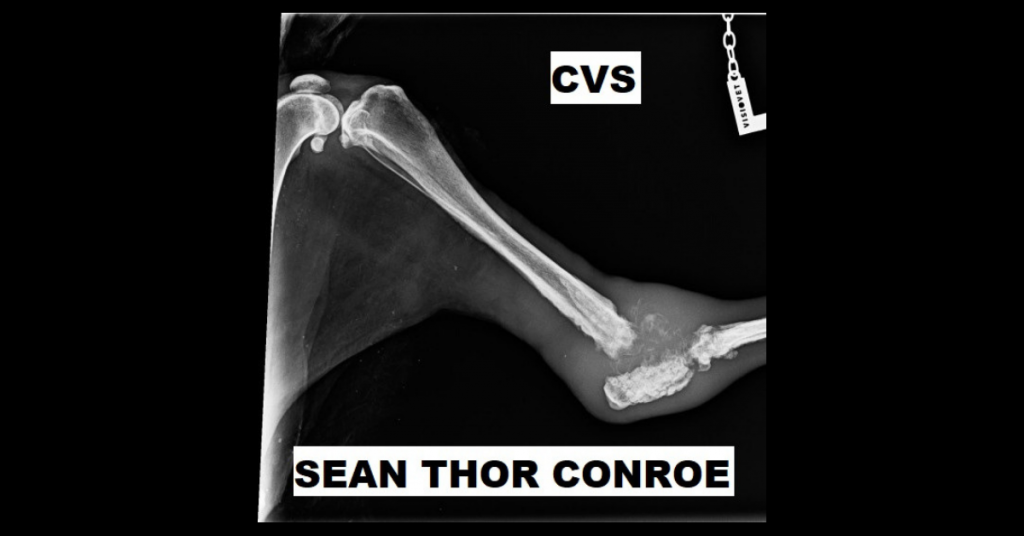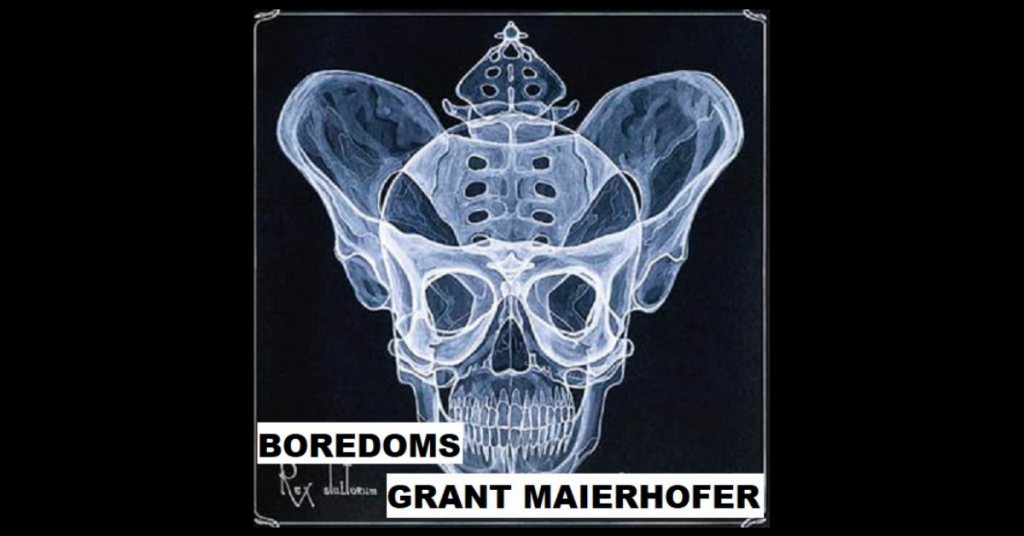
BOREDOMS by Grant Maierhofer
I’m a better tabloid than citizen. A friend of mine once wound up on the cover of their city’s something having passed out near the lawnmower he worked. He’d fixed up nearby within a building for soil and various landscaping tools and nodded off on a hillside holding his penis. I met him in treatment. He’d left one day for court and returned with pornography flat against his belly, tucked and sweated within jeans. He’d exhumed it and hatched a plot to scoop away the ceiling’s makeup and tunnel into the female rooms. I hid that night seated on the shower’s curtain while it ran, my foot wedged beneath the door so as to stop intruders. We weren’t allowed locks. This method sometimes left massive red scrapes on feet and some hid, compulsive, on the floor—their backs against the door—to compensate. I’m always compensating. I grin often and phonily. I’m not in treatment any longer.
On leaving I discovered circles of likeminded tabloids not comfortable in therapy and we’d formed groups who’d caused eruptions of boring discord. First I’d gone to the university and spraypainted NEVER WORK repeatedly down its walls. Then a friend and I we’d freed a slew of kept animals. My friend spent the night drinking and howling as was his wont, I followed the animals I kept pace with ensuring they were not hit by cars, ambling furry masses of potential yipping and sprinting at lights. I woke up sunburnt in weeds near a highway and spent the morning trying to fashion materials with which to write.
I did work, and it didn’t suit me. When I met Ivan and his cronies, then, my mind was exhausted with possibility. Ivan had worked for radio stations mostly, deejaying a bit or cleaning up, holding fundraisers or conducting yearly festivals. Through this he'd managed to start a minor label primarily made up of Japanese noise acts and solitary rural black metalish recording artists who'd likely have taken to terrorism were it not for whatever this was. I'd attended regional shows where androgynous blondes might punch guitars to spray their blood and hooded art students might conduct some throb on ancient drum machines. Ivan recorded these sets meticulously and shared them online for interested droolymouthed depressives. He sold albums, either on tape or seveninch vinyl he'd pay to have pressed when money existed. Mostly this meant nothing was released but when it was you'd hear it whispered at and slowly cults might build.
This was the nature of the thing: youths without desire for parents hunched over in rooms while longheld droning notes pushed them and they pushed back. Some were older, I was older. My friends and I we’d get in fights and get called immature by cops who’d break them up. They were right but we were searching. We’d fight each other by various rivers and fall in laughing while night slouched its dullard way to day. I don’t care for bands but experiences. I have long teeth and people look at me quick to turn and change their mind. We fed our heads on slews of chemicals and having eradicated one possibility moved on to tempered, acceptable rebellions. Bands worked. People were desperate to make these bands perform. People bought generators and stole generators and found fields far enough away where bands would play in cold. We’d circle up what cars we had to bob and hobble into one another swelling and contracting with the music. It wasn’t about longevity or rejection, it was about the sense of fabric against your skin and knowing it might rip but pushing and quieting the language in your head. It wasn’t about relating but still existed this primal scream to dress and stitch clothes together while dying down in alltoohuman smelling basements in the day.

